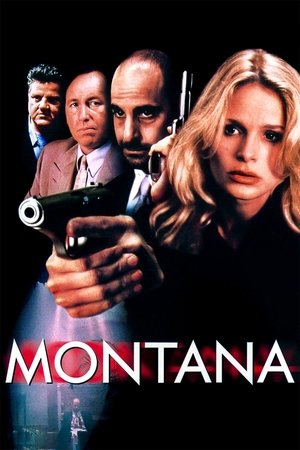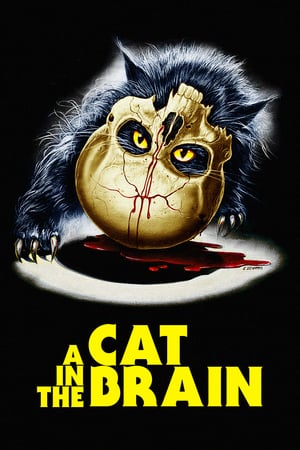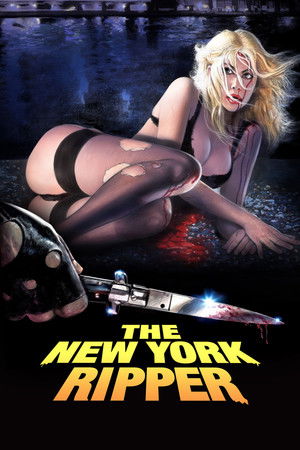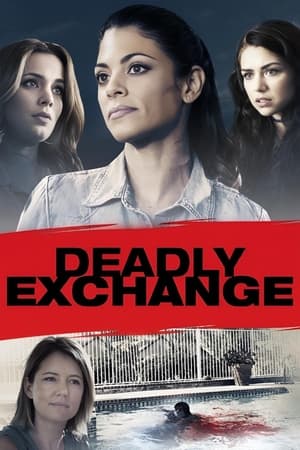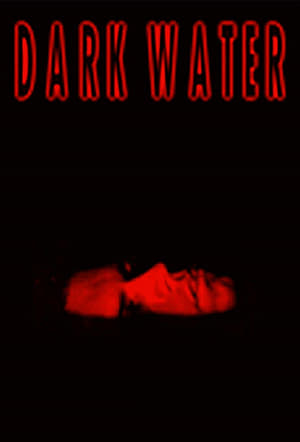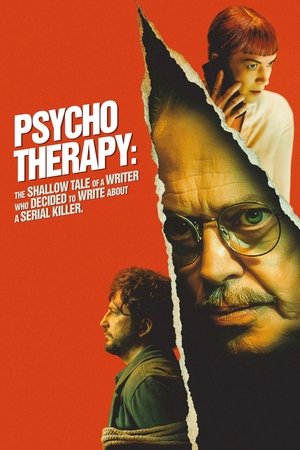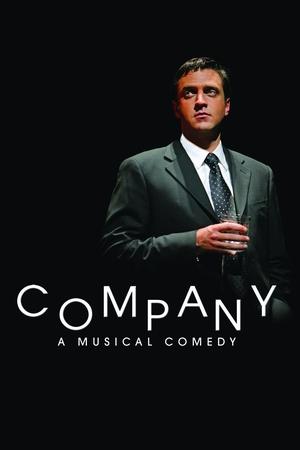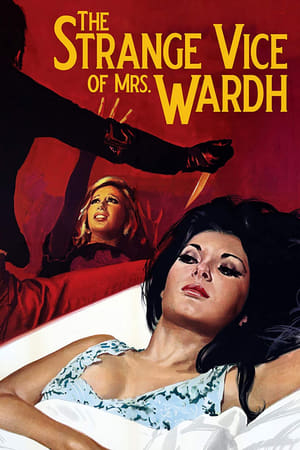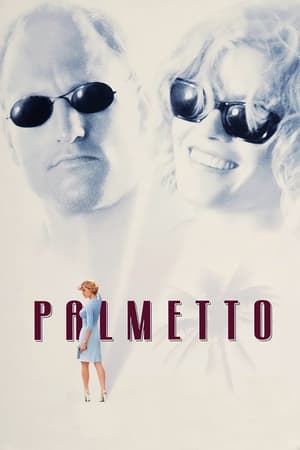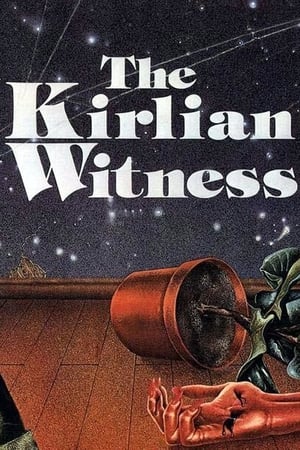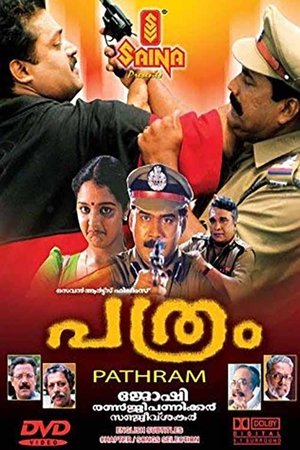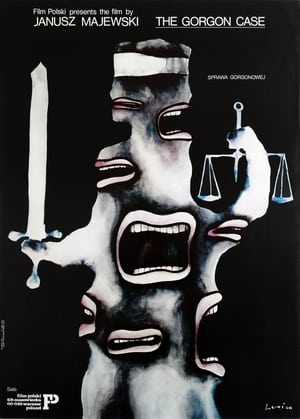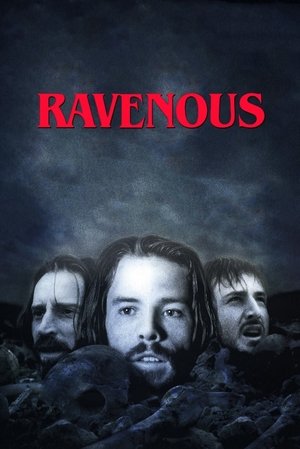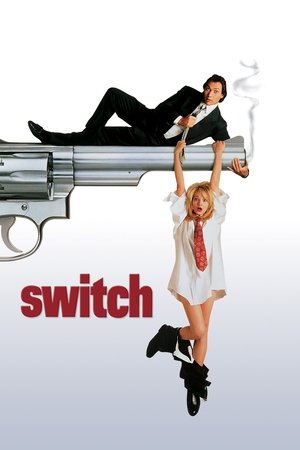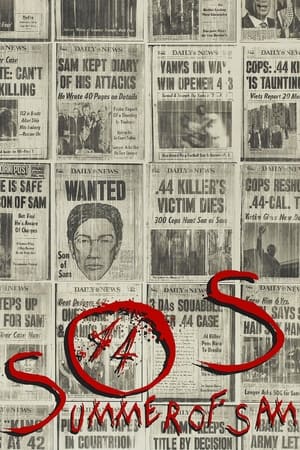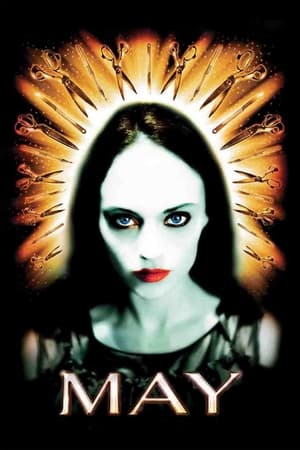Overview
Mortimer Brewster, a newspaper drama critic, playwright, and author known for his diatribes against marriage, suddenly falls in love and gets married; but when he makes a quick trip home to tell his two maiden aunts, he finds out his aunts' hobby - killing lonely old men and burying them in the cellar!
Reviews
Frenetic roller-coaster ride - Capra style!
The Broadway show this film is based on ran for something like four years, such was the yearning for riotous rompathons in the 40s, and thus here the Capra adaptation is pretty much non stop mania. Led by the perfectly cast Cary Grant, the film barely pauses for breath, stopping only briefly to put a bit of creepy menace into the otherwise insane plot. Oh yes the plot, the elderly Brewster sisters are the dear hearts of the neighbourhood, but what folk don't realise is that they are poisoning elderly male visitors to their home to save them from being lonely! This sets us up for romps as nephew Mortimer (Grant) lurches from one incredulous scene to another upon finding out about his dear Aunt's penchant for murder.
Peter Lorre & Raymond Massey add to the madness upon visiting the house, whilst John Alexander almost steals the film as the barmy uncle who thinks he is Theodore Roosevelt! But it's Grant's show all the way, rarely will you see an actor express so many faces of incredulity with such mirthful results as what Grant gives us here. A joyous performance from the great man. Directed with all the sharpness and knowing of tones we expect from Frank Capra, the film is an out and out joy. So be sure to wear a corset to stop your sides from splitting. 9/10
There are thirteen bodies in the cellar! Oh, piffle.
Drama critic Mortimer Brewster has just gotten married. But his newfound wedded bliss is interrupted by the disturbing discovery that his sweet old spinster aunts have been murdering lonely old men with their homemade elderberry wine, and burying the bodies in the cellar. This demented screwball comedy was the film that introduced me to Cary Grant. The utterly black comedic treatment never gets old, and the laughs never let up. Every time he gets another surprise, Grant puts on a slightly different flustered expression. Peter Lorre and Raymond Massey, as the villains of the piece, are very amusingly sinister, and the spinster aunts Brewster are utterly charming, in spite of their, uh, somewhat morbid hobby. It's a hilariously insane romp from the brilliant director of some of America's greatest films, Frank Capra. Do yourself a favor and watch it already! Prepare to laugh nonstop. As Mortimer Brewster says, "Insanity runs in my family. It practically gallops!"
**An extraordinary comedy that stands out for its unpretentiousness.**
I didn't have high expectations when I decided to watch this film, and I think this increased the impact it ended up having even more: based on a successful play, the film is an extraordinary comedy full of bizarreness and mischief, without a single dead moment and full of twists and turns that make us laugh and amuse us.
The script begins with the sudden marriage of Mortimer Brewster, a famous theater critic known for being a bachelor. When preparing his bags for his honeymoon trip, the young man discovers that the two elderly aunts he has been living with are two remorseless killers, who believe they are doing enormous good by speeding up the deaths of lonely men. and sad people who will knock on their door to rent a room and sleep. Furthermore, their brother, who lives in that house, firmly believes that he is President Theodore Roosevelt and is digging the Panama Canal in the basement. And as if the madness wasn't enough, Mortimer has a crazy, murderous brother. The dialogues and situations are memorable, and the humor is contagious.
I can understand why Cary Grant didn't like the work he did in this film: he really exaggerates his performance, he's histrionic, he spends almost half the film hysterical. However, this is funny and the character, and the script, asked the character to be this way. The actor, despite himself, knew how to understand what the character was asking of him and act accordingly. Veterans Jean Adair and Josephine Hull don't disappoint, offering us a truly brilliant interpretation, and the same can be said of Raymond Massey. The film also features the participation and worthy efforts of Peter Lorre and John Alexander.
On a technical level, the film is reasonably discreet and focuses on effectiveness. The setting – the house where everything happens – is the most striking element that catches our attention. Apparently, it was made entirely in the studios, and it was a colossal, huge set. The costumes are also good, and the cinematography is quite pleasant and well executed.

 118 min
118 min
 7.633
7.633
 1944
1944
 USA
USA
 John Chard wrote:
John Chard wrote: